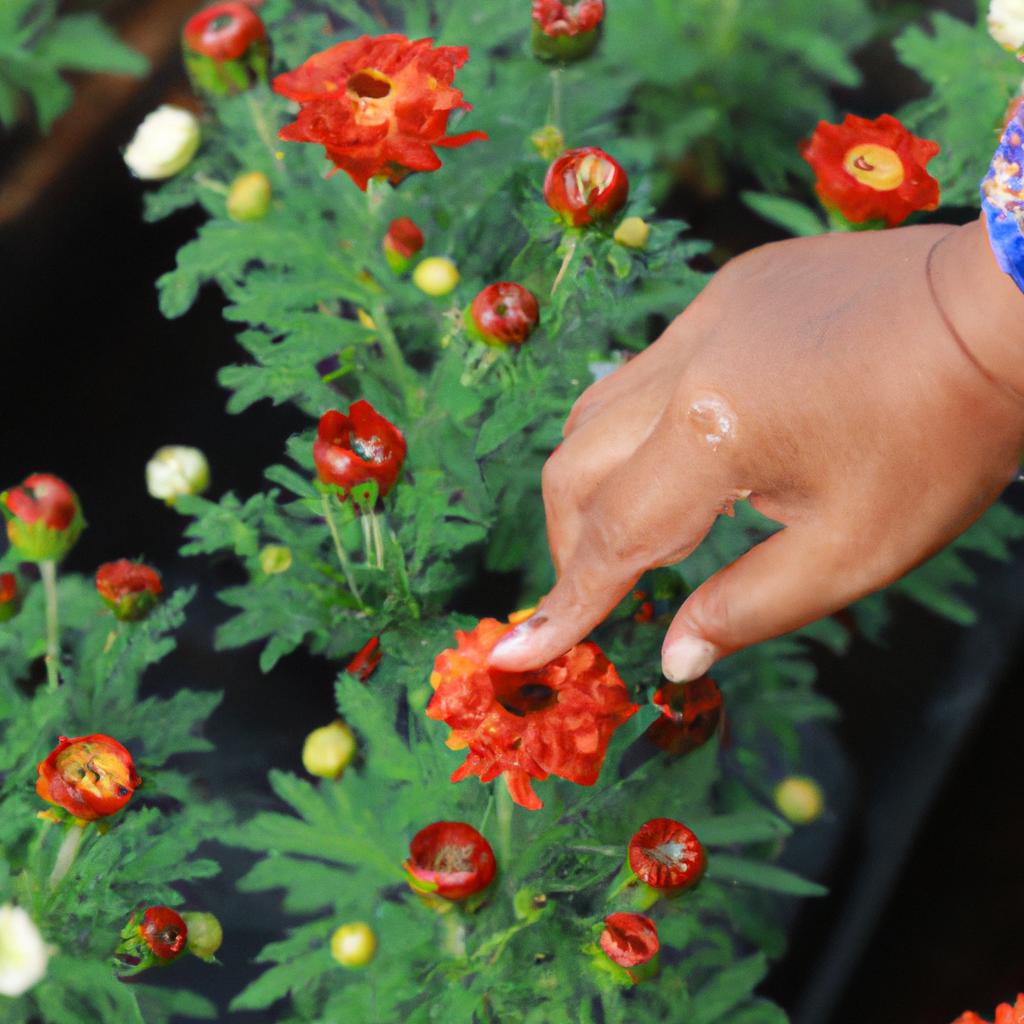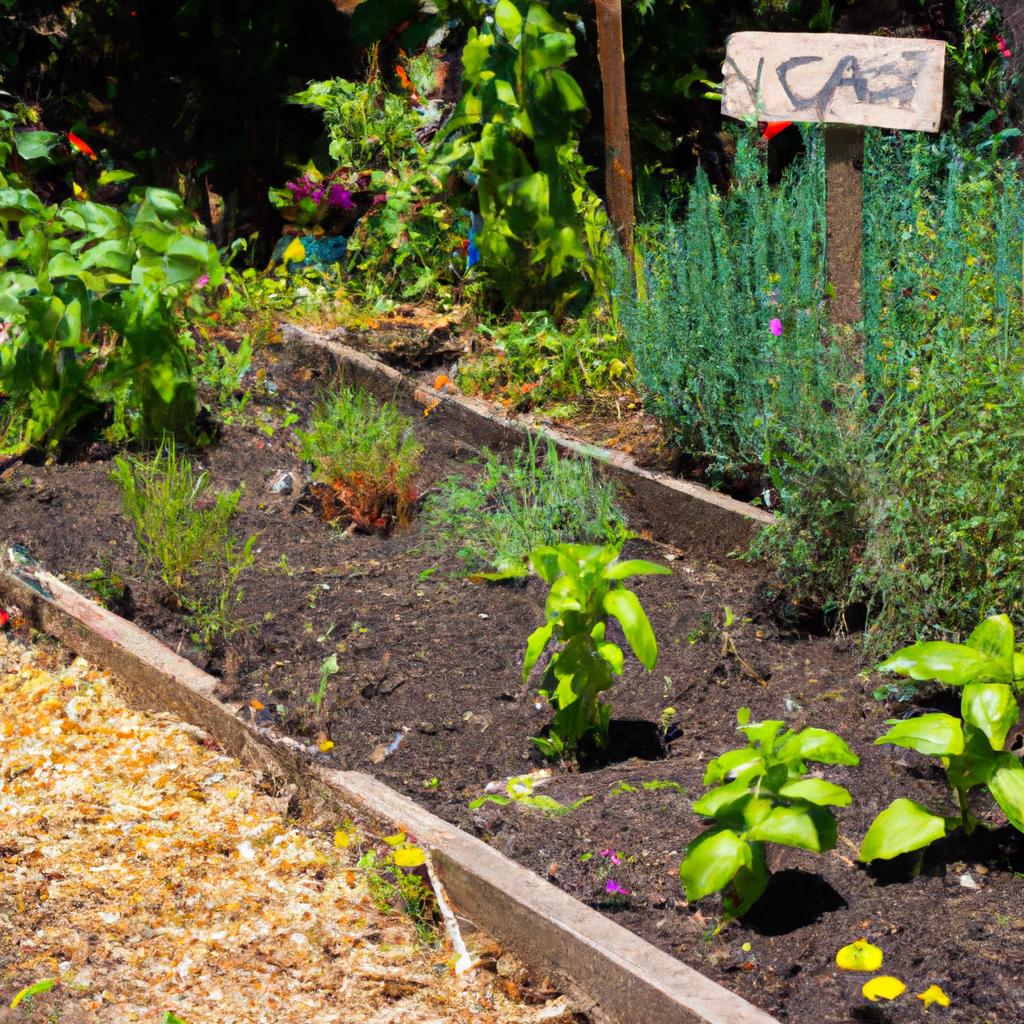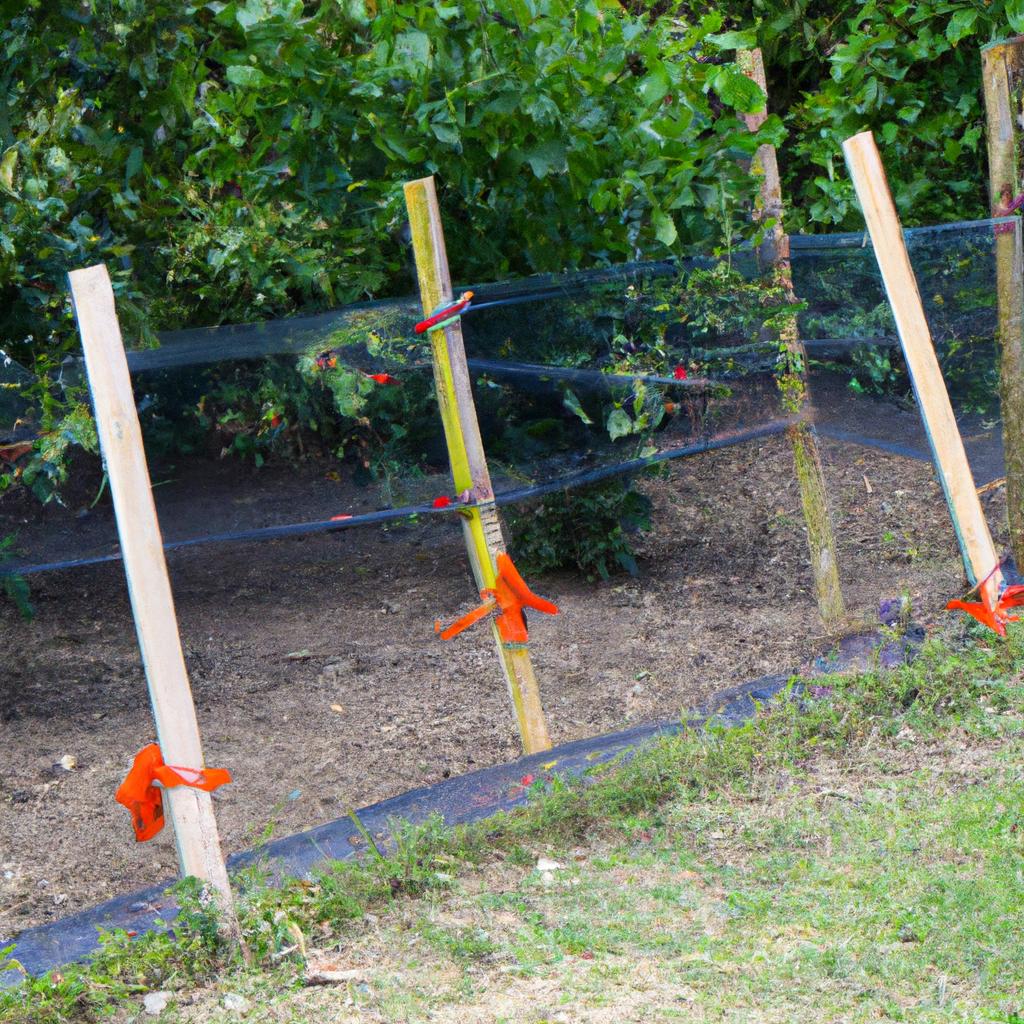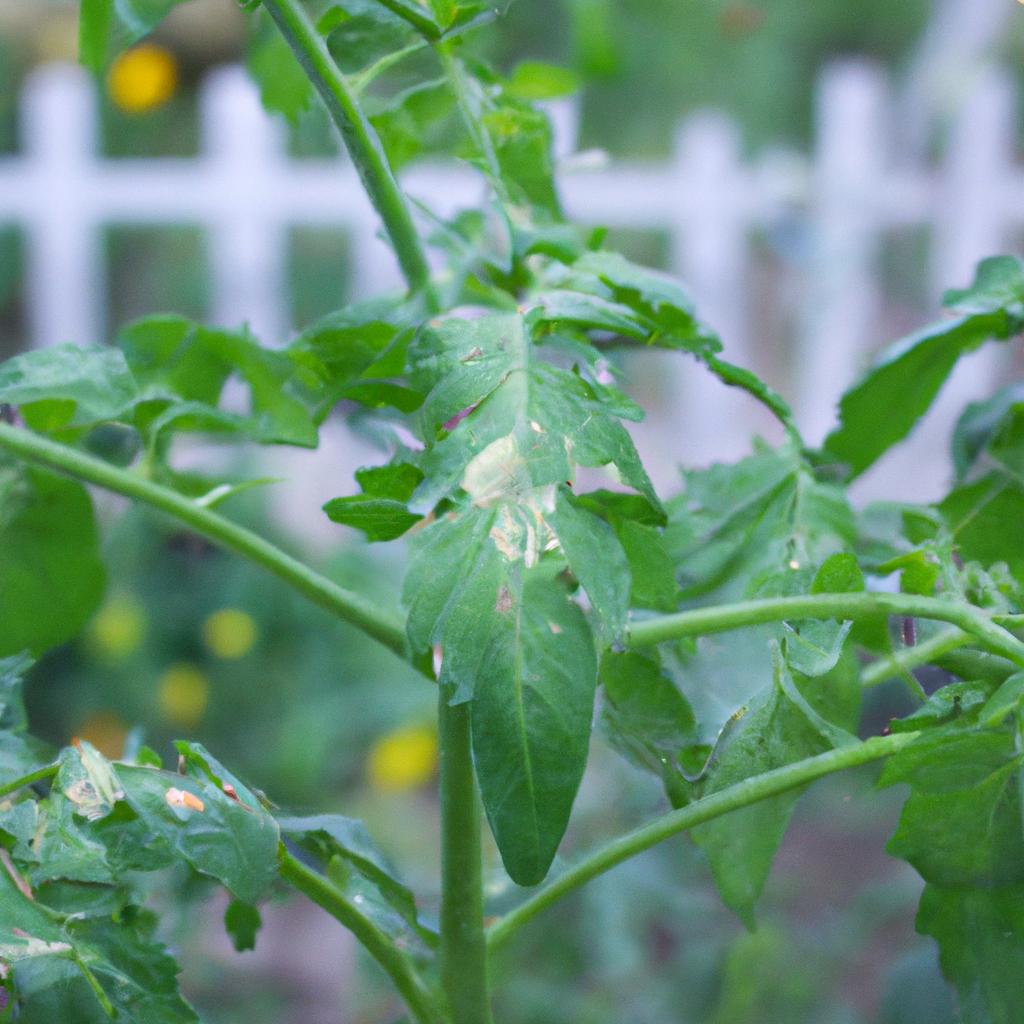Learn how to identify and manage common garden pests with our comprehensive guide. Keep your garden healthy and pest-free!
As gardeners, we put in a lot of effort to see our plants grow and thrive. However, common garden pests can quickly undo all our hard work. These pests can damage our plants, spread diseases, and even attract other pests. That’s why it’s crucial to know how to identify and manage these pests effectively. In this article, we’ll discuss the most common garden pests and the best ways to handle them.
Identifying Common Garden Pests
Before we can manage pests, we need to be able to identify them. Here are some of the most common garden pests and how to recognize them:
Aphids

Aphids are small, soft-bodied insects that suck sap from plant leaves and stems. They come in various colors, ranging from green to black, and can reproduce quickly, leading to infestations.
Snails and Slugs
Snails and slugs are mollusks that feed on plant leaves, stems, and fruits. They leave behind slime trails and can cause significant damage to plants.
Caterpillars
Caterpillars are the larvae of butterflies and moths. They can feed on leaves, flowers, and fruits, causing damage to the plant.
Spider Mites
Spider mites are tiny arachnids that feed on plant sap, causing leaves to turn yellow and dry out. They reproduce quickly, leading to infestations.
Whiteflies
Whiteflies are small, winged insects that feed on plant sap. They can cause yellowing and wilting of leaves and can also spread diseases.
By knowing how to identify these common garden pests, you can take the necessary steps to control and manage them effectively.
Understanding Garden Pest Behavior
Pests can be attracted to plants for various reasons, such as the plant’s scent, color, or texture. They can also be drawn to areas with high humidity, moisture, or warm temperatures. Understanding what pests need to survive and reproduce can help you manage them better.
For example, removing standing water can help prevent mosquito breeding, while keeping the garden clean and free of debris can discourage slugs and snails from taking up residence. By understanding pest behavior, you can take proactive steps to prevent infestations and keep your garden healthy.
Natural Pest Control Methods

Natural pest control methods can be effective in managing garden pests without using harmful chemicals. Here are some natural pest control methods you can try:
Companion Planting
Companion planting involves planting different crops together that can benefit each other. For example, planting marigolds can repel aphids, while planting garlic can repel slugs and snails.
Using Predator Insects
Predator insects can be used to control garden pests naturally. For example, ladybugs can feed on aphids, while praying mantis can feed on caterpillars.
Neem Oil
Neem oil is a natural oil extracted from the neem tree. It can be used as a pesticide to control pests such as aphids, whiteflies, and spider mites.
Homemade Remedies
Homemade remedies can be effective in controlling pests. For example, spraying a mixture of water and dish soap can control aphids, while spraying a mixture of water and chili pepper can control slugs and snails.
Implementing natural pest control methods in the garden can help manage pests effectively without harming the environment or other beneficial insects.
Chemical Pest Control Methods

Chemical pest control methods involve the use of pesticides and insecticides to manage pests. While these methods can be effective in controlling infestations, they come with potential risks and drawbacks. Pesticides and insecticides can harm beneficial insects, such as bees, and other wildlife. They can also build up in the environment, leading to long-term harm to ecosystems. Furthermore, some pests can develop resistance to chemical treatments, making them less effective over time. If you choose to use chemical pest control methods, it’s essential to follow the instructions carefully and use the least toxic option available.
Preventing Garden Pests
Prevention is always better than treatment when it comes to managing garden pests. Here are some tips for preventing pests in your garden:
Maintain Healthy Soil
Healthy soil is essential for healthy plants. Adding compost and organic matter to your soil can help improve its structure and fertility, making your plants less susceptible to pests and diseases.
Use Physical Barriers
Using physical barriers, such as netting or row covers, can help protect your plants from pests. These barriers can prevent insects from laying eggs on your plants or block access to your plants altogether.
Rotate Crops
Rotating crops can help prevent pests from building up in the soil. Pests tend to specialize in certain plants, so rotating crops can disrupt their life cycle and reduce their numbers.
Attract Beneficial Insects
Beneficial insects, such as ladybugs and lacewings, can help control pest populations in your garden. Planting flowers that attract these insects, such as marigolds or daisies, can help create a more balanced ecosystem in your garden.
By following these tips, you can prevent pests from becoming a problem in your garden and keep your plants healthy and thriving. Remember, prevention is always better than treatment when it comes to managing garden pests.
Conclusion
In conclusion, garden pests can be a significant problem for any gardener. By knowing how to identify common pests, understanding their behavior, and using effective management strategies, you can keep them under control. Natural pest control methods, such as companion planting and using predator insects, can be effective and safer alternatives to chemical pest control. Prevention is always better than treatment, so maintaining healthy soil, using physical barriers, rotating crops, and attracting beneficial insects can help prevent pests from becoming a problem in the first place. By implementing these strategies, you can keep your garden healthy and thriving, free from the damage caused by common garden pests.



